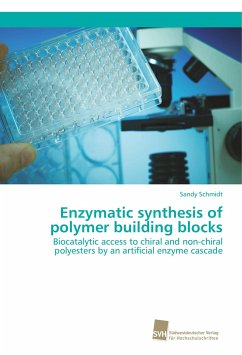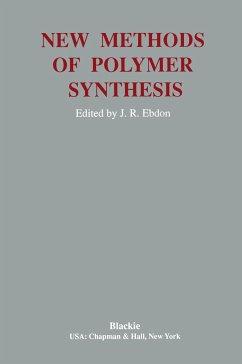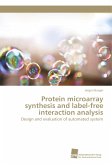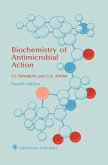Polyesters such as poly- -caprolactone are important polymers due to their special properties and thus allow versatile applications. Moreover, these polymers have the potential to be made out of monomers derived from renewable sources which is in terms of sustainability and the utilization of environmentally benign resources an important advantage. Nevertheless, there is still a need to find new ways to produce the desired polyesters from variable monomers and to simplify the chemical/enzymatic syntheses of the respective building blocks as well as the polymers itself. Especially the access to the lactone precursors can be achieved by the use of enzymes as alternative approach to the chemical synthesis. Thus, this work aims on the establishment of a sustainable biocatalytic production process of -caprolactone for industrial purposes by the development and optimization of an artificial enzymatic cascade consisting of 3 different enzymes. The major challenge for this specific biocatalytic route is the instability of one enzyme of this cascade as well as the substrate and product inhibition. These limitations were addressed by protein engineering and process design strategies.
Bitte wählen Sie Ihr Anliegen aus.
Rechnungen
Retourenschein anfordern
Bestellstatus
Storno








